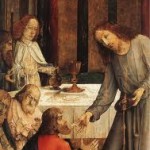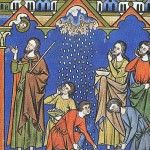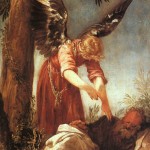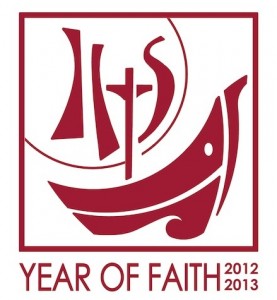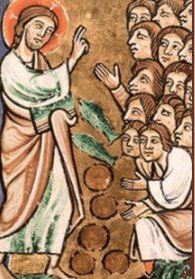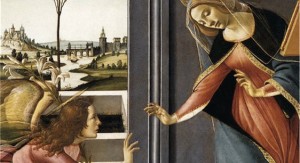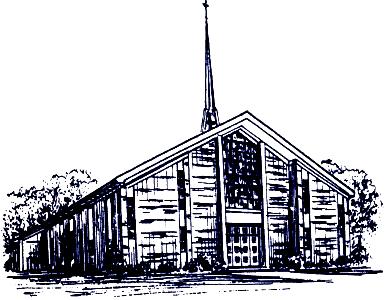 History is filled with people who wanted to achieve perfection in this life by denying themselves all the pleasures of this world. Jesus speaks to these people and to us who want to be His disciples. “Let him deny himself.” What does that mean?
History is filled with people who wanted to achieve perfection in this life by denying themselves all the pleasures of this world. Jesus speaks to these people and to us who want to be His disciples. “Let him deny himself.” What does that mean?
We need to take this demand simply and literally. “Let him say no to himself.” If we are follow Jesus Christ we must learn to say no to ourselves and yes to Christ. We must practice saying no to the natural love of comfort and pleasure. We must say no to the instincts and the desires that prompt us to touch and taste and handle forbidden things.
Remember your Catholic School report card? There was a grade there for self-discipline? This is a vital tool for parents to teach their children. We do not have to satisfy our every desire or impulse. We can control ourselves even though it is not pleasant or does not feel good. What self-discipline does is teach children how to be discerning of good and evil; to distinguish between what I want or desire and what I truly need. Self-discipline cannot be learned alone. It must be taught within the family and re-enforced by each parent, father and mother.
The true disciple of Christ must say yes to the voice and the command of Jesus that we find clearly in the Church. We must be able with Saint Paul to the Galatians say, “It is not I who live, but Christ Who lives in me.” The disciple lives no longer to follow his own will but to follow the will of Christ, and in that service find perfect freedom.

